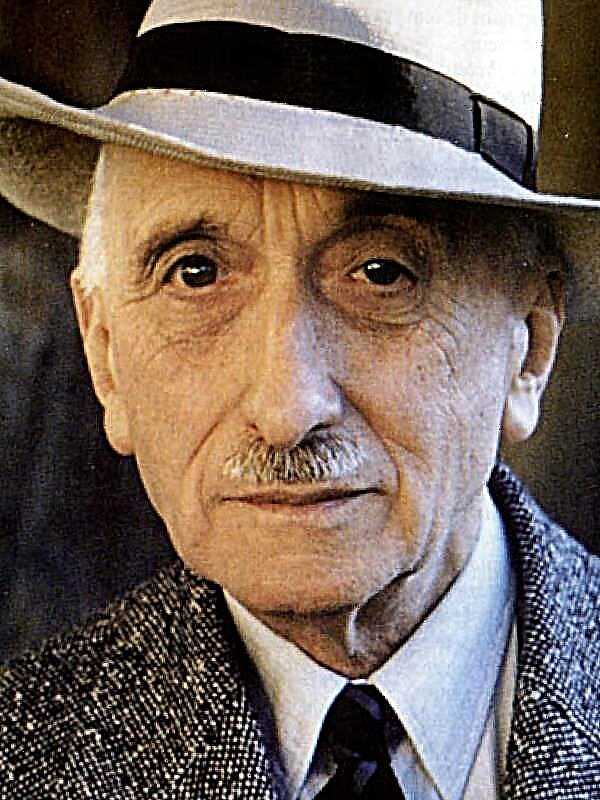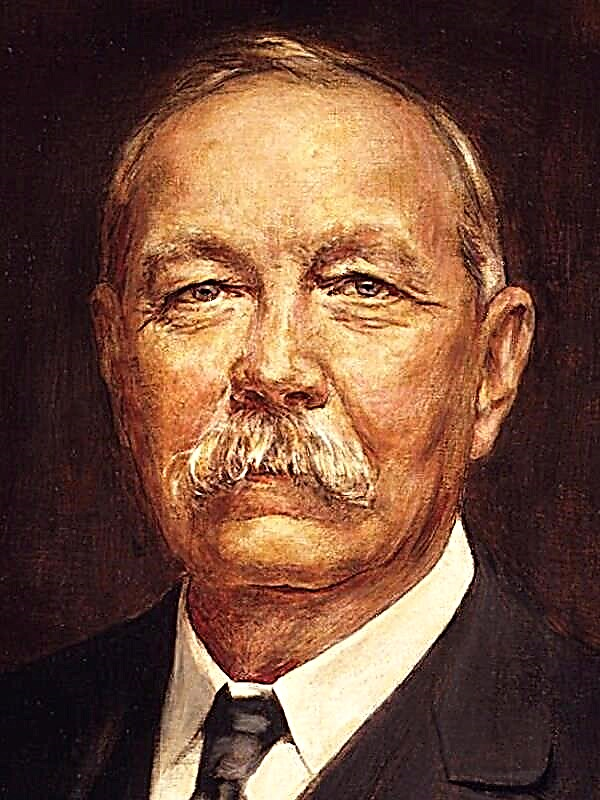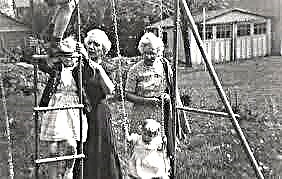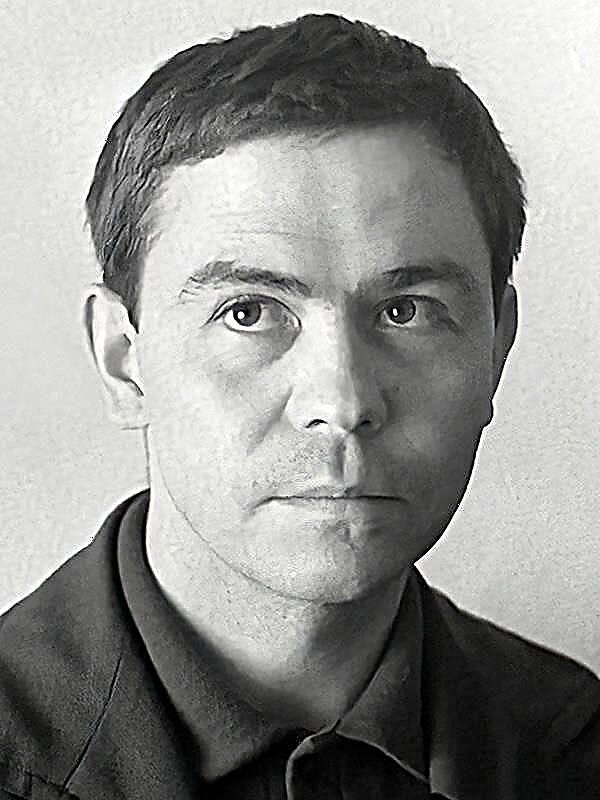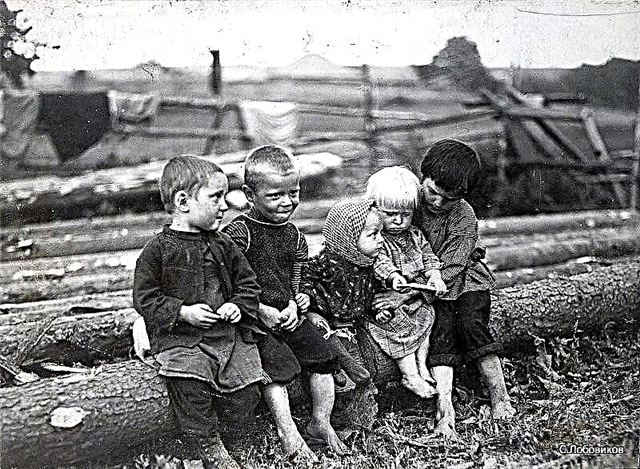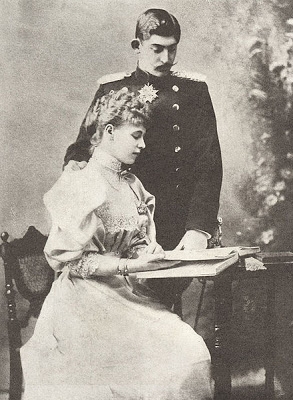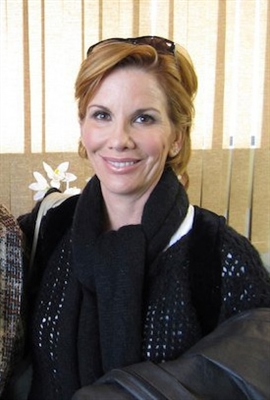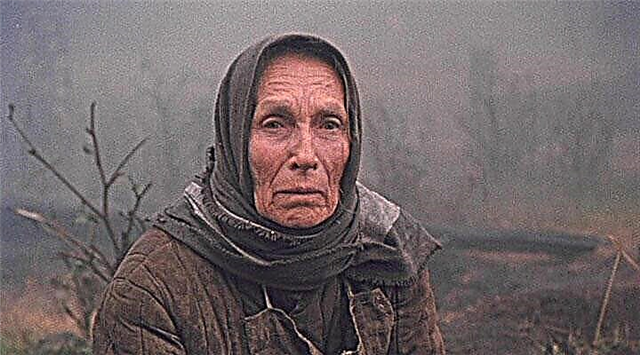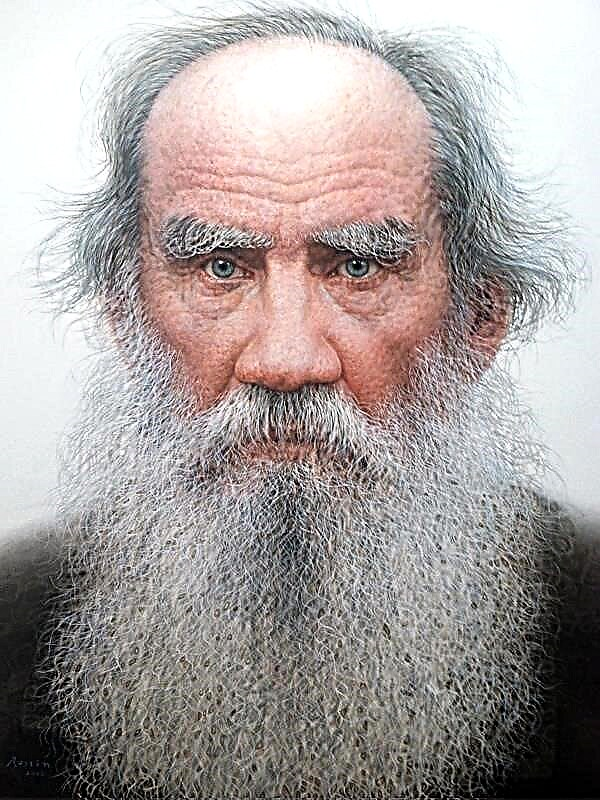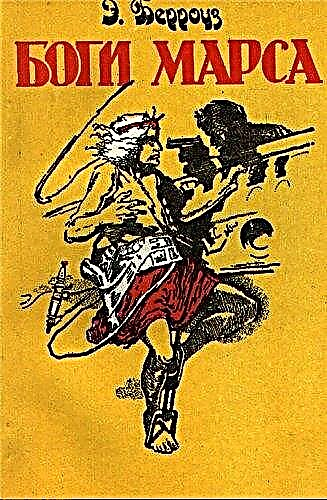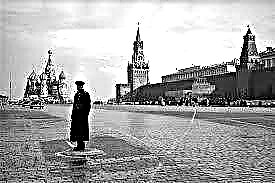(431 words) The whole novel by F.M. Dostoevsky's "Crime and Punishment" is the debunking of the ideas of radical individualism and elitism on the example of the fate of an ordinary student from St. Petersburg Rodion Raskolnikov. The writer, taking, at first glance, the rational theory of his hero about “trembling creatures and those who have the right,” gradually reduces it to a fig leaf used by villains and villains to hide and ennoble the true nature of their actions in the eyes of those around them. One of these villains is Luzhin, who puts forward his version of Raskolnikov's ideology - the theory of the whole caftan. This character with his vision of social justice is no less interesting to the reader than the main character, so his personality should be considered in more detail in the framework of this work.
We first encounter the infernal image of this character in a letter from Pulcheria Alexandrovna to her son at the very beginning of the novel. At first he seems to us to be a good and good man, because he marries a girl from a poor family without a dowry. He himself is rich and successful, and this decision seems, of course, noble, but strange, not without a catch. No wonder the schismatics perceive the appearance of this gentleman with hostility, not even knowing him. When meeting, he sees that he is not a philanthropist-benefactor and not a desperate man in love. Before him is a mercantile and vulgar tradesman with high self-esteem. Even on the Danube, he marries only in order to make her a docile, completely dependent toy that will satisfy his megalomania. Having failed, he begins to petty revenge on Rodion, exposing the thief prostitute Sofia Marmeladova, to whom he had some sympathy. Fortunately, Luzhin catches up with a well-deserved fiasco; exposed and cursed, he is shamefully expelled from the society of the poor and drunkards whom he so despised.
What is the theory of Luzhin? Using a detailed metaphor, he explained it in a nutshell. A person should not tear the last shirt on his chest to help his neighbor, in this case everyone will be poor and naked. You need to save up for a caftan, and then there will be at least one successful leader in society, who will eventually be able to lead the rest, but to a brighter future, and not for half a shirt. Sounds good, but what does this theory really mean? All the hero’s energy is not aimed at improving the life of society, but at satisfying his own ego. If Raskolnikov commits a crime, sincerely believing in its necessity and the good that can be done with his help, then Luzhin uses arguments about the highest good as a screen that hides his true intentions. He, unlike Rodion, is able to pretend, lie and temporarily restrain his nature in order to achieve the goal, which makes him not useful, but dangerous for the environment.
For Dostoevsky, only the primordially Christian morality of humanity is capable of saving mankind from itself. A person who has rejected love, humanism and shame inevitably turns into a lonely aimlessly existing monster who has no future. A vivid example confirming this idea is Luzhin.

